Africa Centre of Excellence in Coastal Resilience |  University of Cape Coast
University of Cape Coast
Image
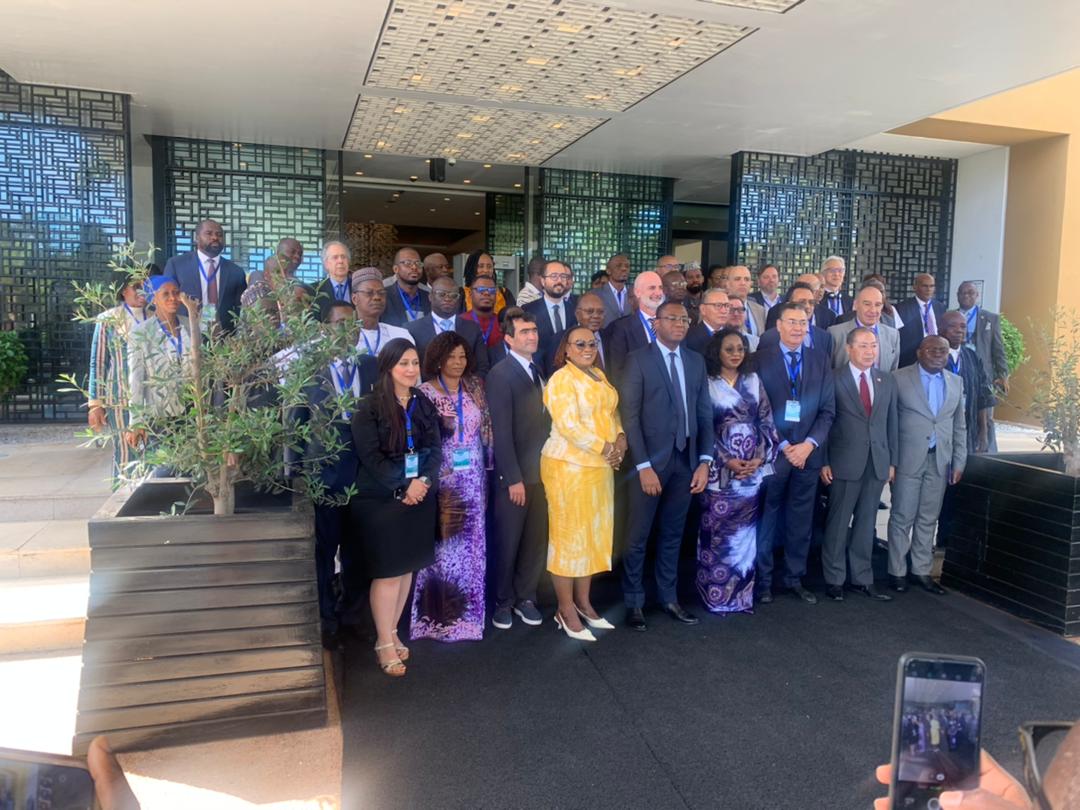
Posted On
Wednesday, May 10, 2023 - 16:18
Body
Marine ecosystems and their biodiversity are valuable resources exploited for fisheries. In Africa, marine fisheries play a vital socio-economic role in terms of employment generation, food supply, and international currency exchange. However, various environmental problems caused by anthropogenic activities, have led to a decline in fishing catches and loss of biodiversity. In response to these issues, conservation measures are being taken at the international level, including the Global Framework of Biodiversity Post 2020, which follows on from the 2011-2020 Strategic Framework for Biodiversity and its expired Aichi Targets.
The Ministerial Conference on Fisheries Cooperation Among African States Bordering the Atlantic Ocean (ATLAFCO) recently organized a two-day symposium on 9-10 May 2023, themed "Fisheries in the Global Framework of Biodiversity Post 2020." The event provided an opportunity for ATLAFCO member countries and key development partners to reflect on the implications of this new framework for African marine fisheries and define ways forward for the sustainable exploitation of fisheries on the continent.
Representatives of the ministries in charge of environment/fisheries from 16 of the 22 ATLFACO countries (Benin, Sao Tome and Principe, DRC, Cote d'Ivoire, Morocco, Liberia, Gambia, Cameroon, Guinea, Angola, Togo, Guinea Bissau, Sierra Leone, Ghana, Cape Verde, and Nigeria) were present. Ministers in charge of Fisheries from Guinea, Ghana, and Cote d'Ivoire were personally in attendance. Additionally, several regional and international organizations, including COREP (Commission Régionale des Pêches du Golfe de Guinée), AU-IBAR (African Union Inter-African Bureau for Animal Resources), MOSFA (Media Observatory for Sustainable Fishing in Africa), FCWC (Fisheries Committee for the West Central Gulf of Guinea), IWC (International Whaling Commission), OSPESCA (Organization of the Fisheries and Aquaculture Sector of the Central American Isthmus), and African Atlantic States Process also participated.
Dr. Rodrigue Pelebe, a postdoctoral fellow at the Africa Centre of Excellence in Coastal Resilience (ACECoR), who works on fisheries management, aquaculture, aquatic ecotoxicology, and biodiversity management, was invited as an expert and gave a brilliant presentation on the theme "Marine Fisheries Biodiversity in Africa: Conservation Status, Challenges, and Prospects for Sustainable Exploitation in the ATLFACO Region."
During his presentation, Dr. Pelebe highlighted that habitat degradation, pollution, over-exploitation, invasion by alien species, climate change, and inadequate policy responses, legislation, and enforcement are the main factors affecting the marine fisheries biodiversity in the ATLAFCO region and Africa. To improve the health of fisheries diversity in the areas of interest, several perspectives have been proposed, including
• Creating new MPAs with clear critical habitats and spawning sites
• Strengthening regional cooperation in governance to improve management and reduce IUU
• Improving transboundary collaboration on shared fish stocks
• Increasing capacities and resources of local and national fisheries management agencies to better quantify the impacts of fishery efforts on targeted and non-targeted species
• Increasing fisheries data collection and monitoring throughout the region, and ensuring that data are publicly made available (FiTi initiative)
• Training practitioners on taxonomic identification techniques to disaggregate fisheries data
• Prioritizing science-based sustainable catch limits for threatened economically important species
• Developing region/country-specific policy and management decisions for conservation
• Maintaining active collaboration between national fisheries authorities and international conservation measures
• Countries actively participating in negotiations of international instruments related to fisheries and marine environment
• Exploiting other neglected fish/shellfish species with huge commercial importance for human consumption
• Conducting scientific monitoring of the status of fish stocks for fisheries and conservation needs.
It is expected that when these recommendations are implemented, fisheries’ health and biodiversity as well as sustainability will improve.

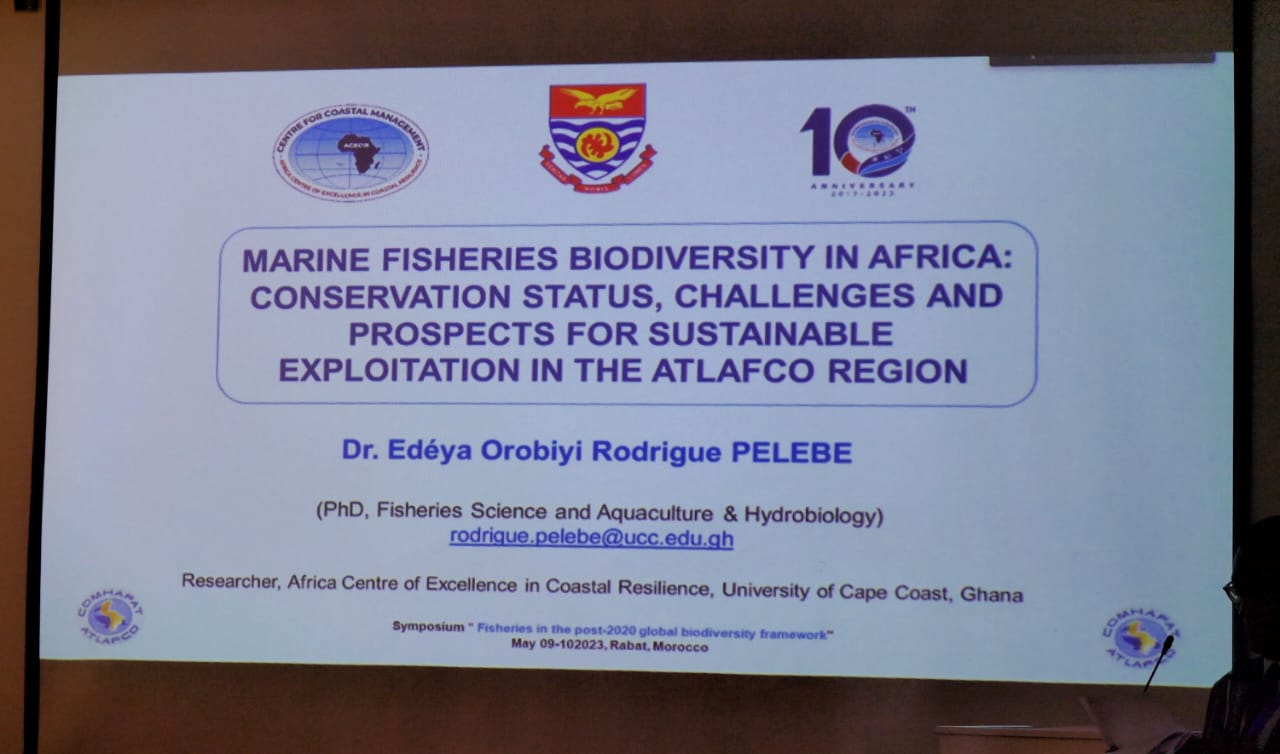
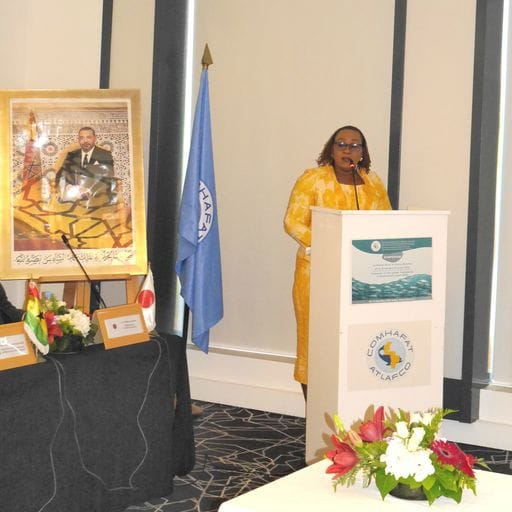
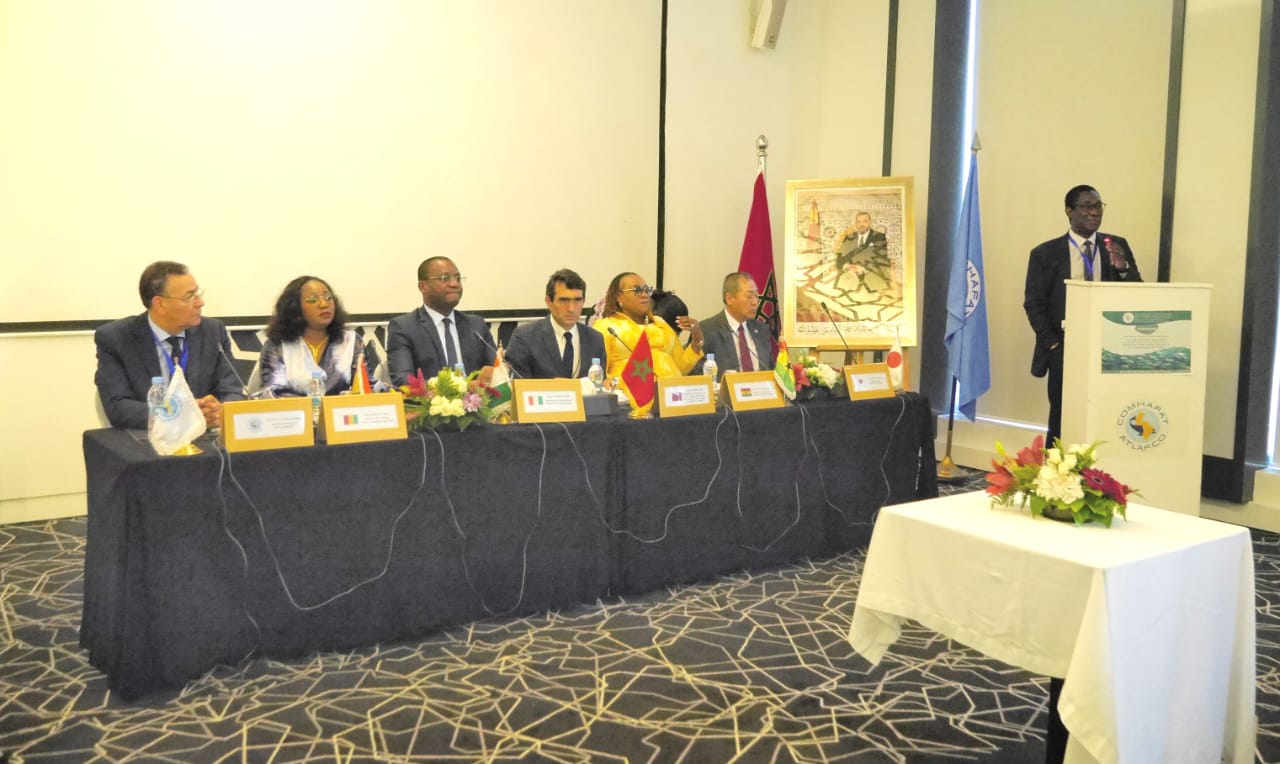
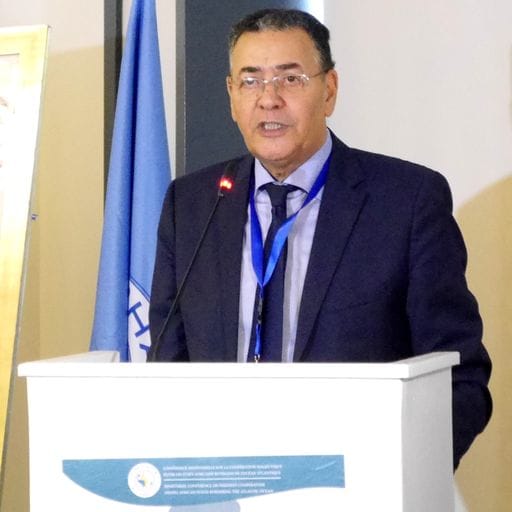
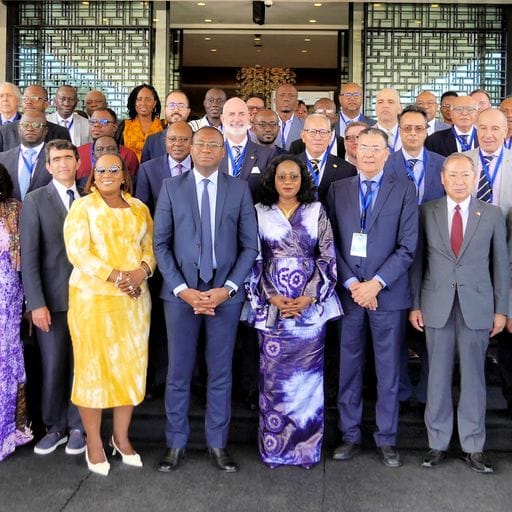
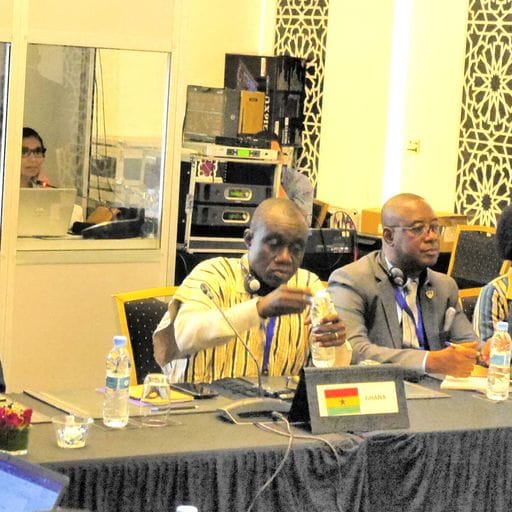
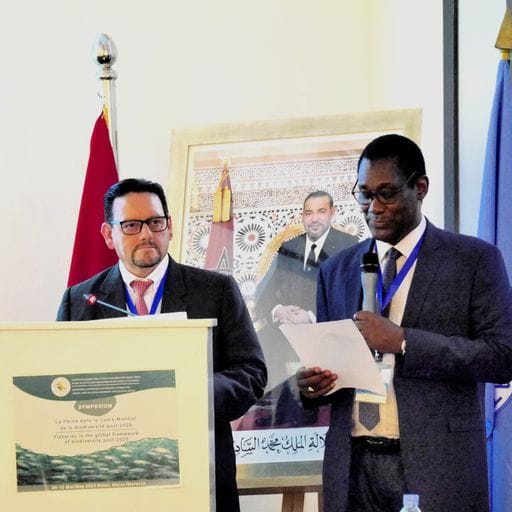
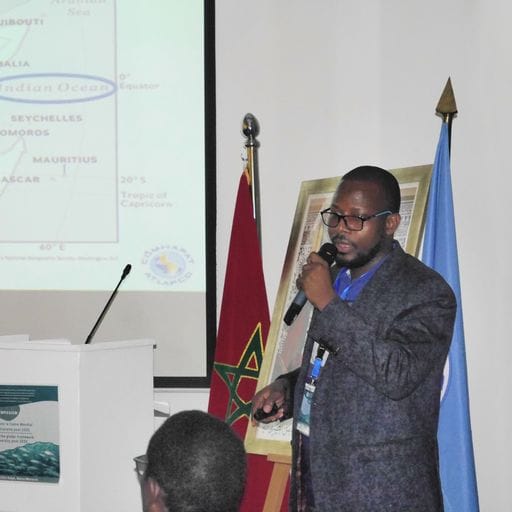
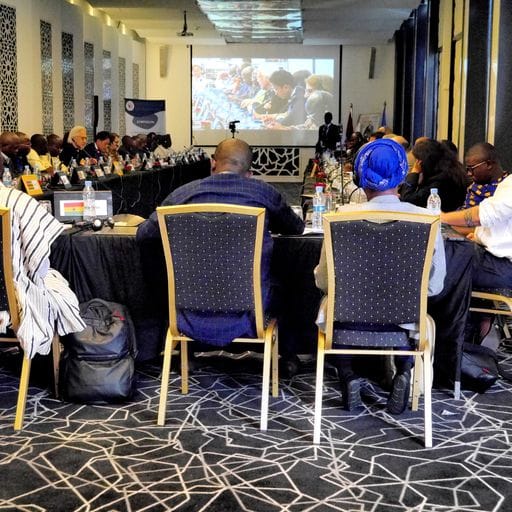
Last modified
